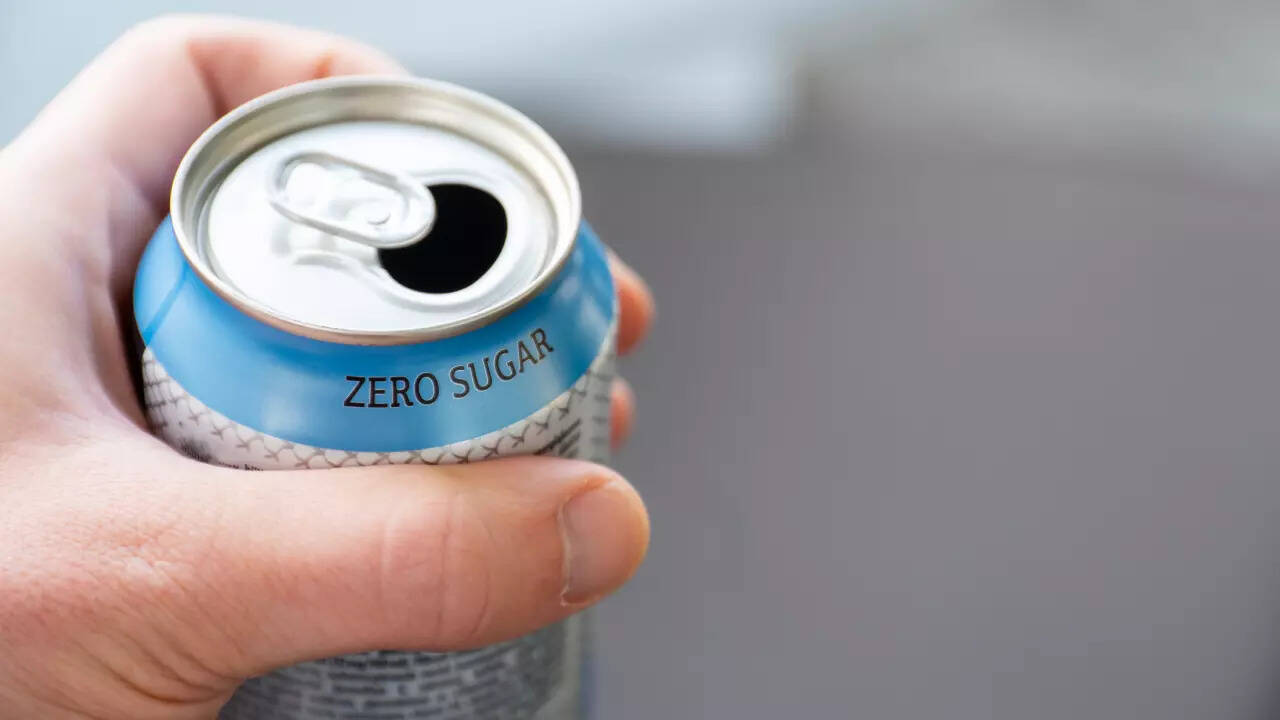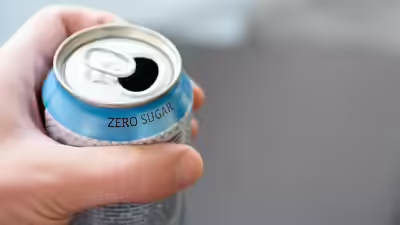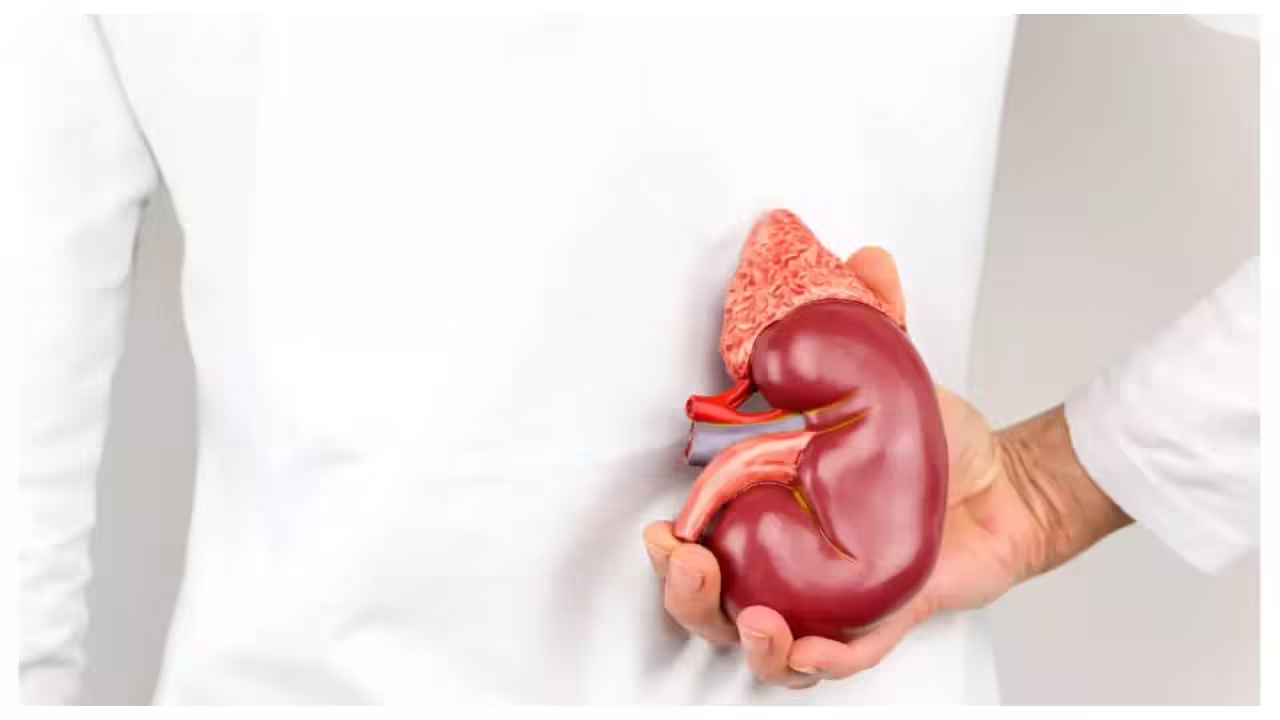Do you choose drinks without sugar or zero sugar instead of ordinary? You are not alone. Most people assume that zero sugar does not mean any problems for their health, especially the liver.A large new study investigated the effects of artificial sweetened and sugar -containing drinks on the liver. The study was presented at Ueg week 2025 Earlier this week.
How are artificial sweetened and low or No-sugar drinks Does the liver affect?

Liver diseases are increasing. Non-alcoholic oily liver disease, now known as metabolic dysfunction-associated steatotic liver disease (MASLD), is a major contributor. This disease is becoming more common in adolescents, and lifestyle factors, including diet, play a crucial role. The latest study found that both artificial sweetened and sugar -containing drinks are associated with an increased risk of liver disease. The research showed that sugar-sweetened drinks (SSB) and low- or non-sugar-sweetened drinks (LNSSB) are significantly associated with a higher risk of developing metabolic dysfunction-associated steatotic liver disease.
What is Masld

Former known as non-alcoholic fatty liver disease (NAFLD), this is a condition where fat accumulates in the liver. This can over time cause inflammation (hepatitis) and symptoms such as pain, fatigue and loss of appetite. The disease has emerged as a global health of health since he is recognized as the most common chronic liver disease, with experts who estimate that it affects over 30% of people all over the world and is a rapidly increasing cause of liver -related deaths.
The study
To understand the effects of artificial sweetened and low or no-sugar drinks on the liver, the researchers followed 123,788 people from the British biobank without liver disease at the baseline. Their beverage consumption was assessed with repeated around the clock dietary issues. The researchers then investigated the relationships between SSB and LNSSB intake and the risks of developing Masld, liver fat accumulation and liver-related mortality.They found that a higher intake of both LNSBs and SBs (> 250 g per day) was associated with 60% (HR: 1,599) and 50% (HR: 1,469) Elevated the risk of developing Masld. After a median 10.3-year follow-up, they found that 1,178 participants developed Masld and 108 died for liver-related reasons. They also found something that is more striking. There was no significant association for SSBs, but LNSSB consumption was also linked to a higher risk of liver-related mortality. Both drinking types were also positively associated with higher liver fat content.
What do the experts say?

“SSBs have long been reviewed, while their” diet “alternatives are often seen as the healthier choice. However, both are consumed in general and their effects on liver health have not been understood,” the main author of the study, Lihe Li, said in a statement. “Our study shows that LNSSBs were actually linked to a higher risk of Masld, even at modest intake levels as a single Can per day. These findings challenge the common view that these beverages are harmless and highlight the need to rethink their role in diet and liver health, especially when Masld appears as a global health problem, ”LiU added. LiU also emphasized that the potential biological mechanisms that may be the basis for the observed risks, “The higher sugar content of SSB can cause rapid nails in blood glucose and insulin, promote weight gain and increase uric acid levels, all of which contribute to liver fatal collection. LNSSB, on the other hand, can affect the liver health by changing the intestinal microbiome, disturbing the feeling of fullness, pushing sweet desires and even stimulating insulin secretion.“The researchers added that replacement of either beverage with water significantly reduced the Masld risk – by 12.8% for SBs and 15.2% for LNSBs, while the substitution between the two types of drinks did not provide any risk reduction.
“The safest approach is to limit both sugar-sweetened and artificial sweetened beverages. Water remains the best choice when it removes the metabolic burden and prevents fat accumulation in the liver, while hydrating the body,” added LIU.





